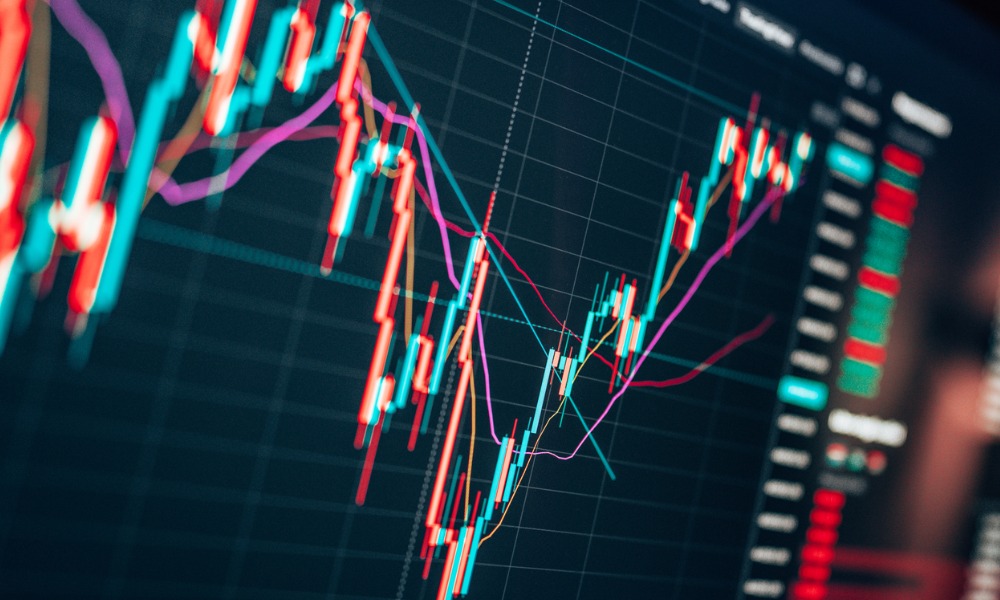Markets recover from early losses with S&P 500 and Nasdaq gaining; hedge fund actions drive volatility

On Friday, stocks saw a modest increase as the market continued its recovery from Monday's sharp downturn, CNBC reported.
The broad market index closed the week nearly erasing its earlier losses.
The S&P 500 gained 0.47 percent, ending the day at 5,344.16. The Nasdaq Composite rose by 0.51 percent, closing at 16,745.30. The Dow Jones Industrial Average edged up by 51 points, or 0.13 percent, finishing at 39,497.54.
For the week, the broad market index was only 0.04 percent lower. During Friday’s session, it briefly turned positive before relinquishing some of its gains. Meanwhile, the Dow and Nasdaq were down for the week by 0.6 percent and 0.18 percent, respectively.
This week was the most volatile of 2024 for the stock market. On Monday, the Dow dropped 1,000 points, while the S&P 500 fell by 3 percent, marking its worst day since 2022.
The sell-off was driven by disappointing US payroll data from the prior week and concerns that the Federal Reserve had been slow to implement rate cuts, compounded by hedge funds unwinding a popular currency trade.
Despite the rough start, the major indices staged a comeback. On Thursday, encouraging weekly jobless claims data helped ease investor concerns about the US economy.
The S&P 500 surged by 2.3 percent, its best performance since November 2022, while the Dow jumped approximately 683 points. The Nasdaq Composite saw nearly a 2.9 percent increase.
At its lowest point on Monday, the S&P 500 was down nearly 10 percent from its recent all-time high, while the Nasdaq Composite entered correction territory, dropping more than 10 percent.
The Cboe Volatility Index, a key measure of market fear, reached levels last seen during the onset of the COVID-19 pandemic and the Great Financial Crisis.
However, investors began buying the dip, believing that another crisis or recession was unlikely. The earlier losses were more related to hedge funds reversing a long-standing bet on a cheap Japanese yen rather than any fundamental economic threats.
The volatility extended beyond the equity markets. The 10-year Treasury yield dipped below 3.70 percent at one point but rebounded to over 4 percent on Thursday. By Friday, it was trading around 3.94 percent.
According to Jay Hatfield, CEO of Infrastructure Capital Advisors, this kind of volatile trading is typical for late summer when information flow slows and earnings season winds down.
He emphasized that the recent market sell-offs were driven by a “hedge fund theme” rather than actions by long-term investors.
Hatfield noted, “It makes sense that we bounce back. A volatile sell-off and bounce back is just normal August [and] September behaviour; thin markets, hedge funds gone wild, and irrational moves down. The recent market activity has no bearing on our long-term outlook.”



